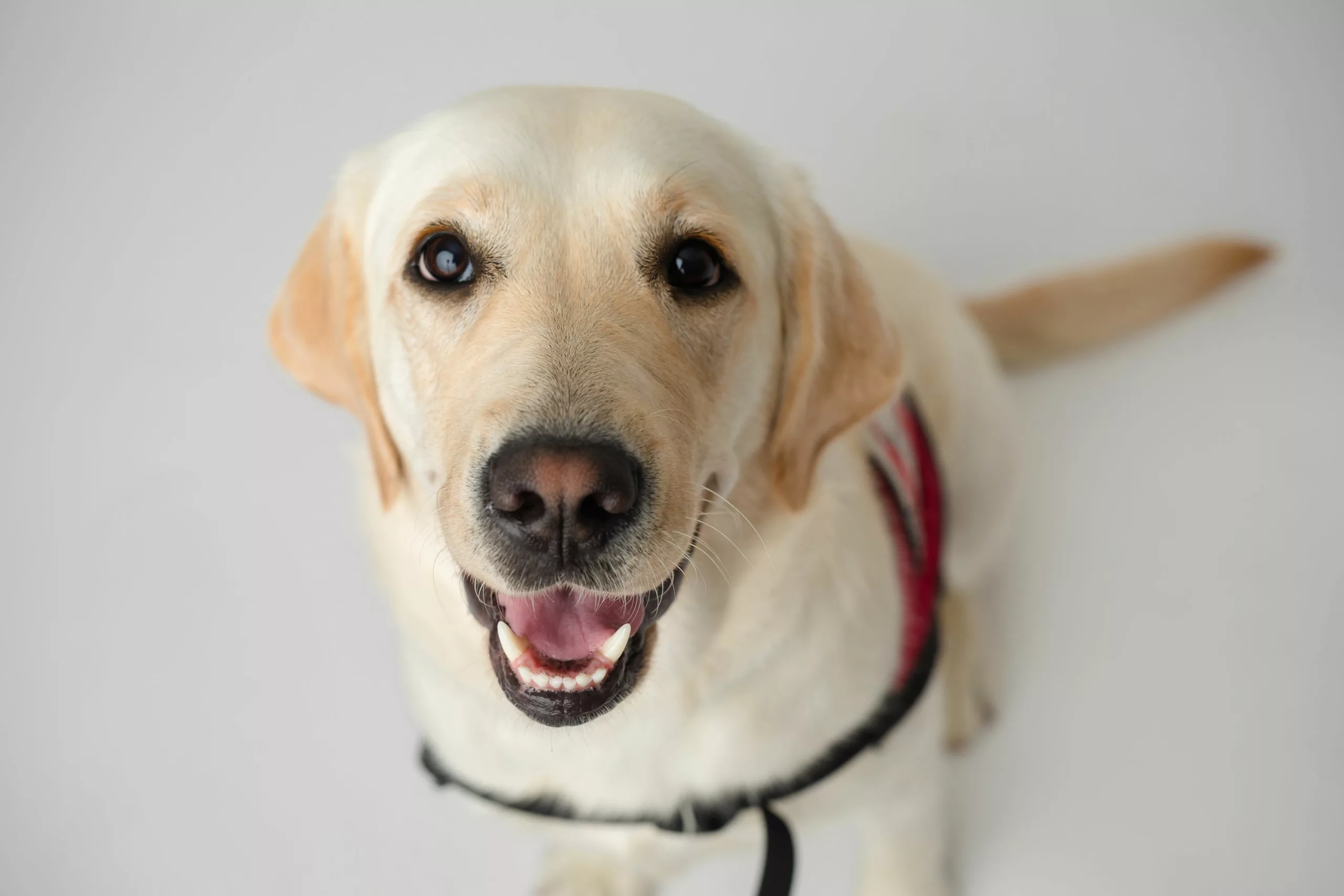Watch Video
Alan Peters looks at the newest pack of puppies with pride.
“They are beautiful little pups. Every time you see a new pup you see that potential,” said Peters, who founded and runs the nonprofit Can Do Canines in New Hope. “You never know how they are going to grow up. It all depends on the volunteers. If they do a great job, the puppies grow up wonderfully.”
Since 1988, the nonprofit has adopted and trained dogs to assist people with disabilities. The dogs are provided to people free of charge. The waiting list for the assistance dogs keeps growing.
“We always have a waiting list for each of the five types of dogs, but right now we have waiting lists for diabetes, autism dogs. There are about 70 people on the list for an autism dog,” said Peters.
The “autism dogs” help people with autism socialize, interact, and integrate into society, as well as act as guard dogs for young children with autism who might be prone to wander.
Volunteers like Haley Broten help start the training process. She’s home from college and plans to spend a few hours every week working with puppies.
“We’re puppy–playing, socializing them, and getting them used to toys,” said Broten.
The puppies will eventually be taught to complete everyday tasks, like opening cabinets, retrieving the phone, and picking up money. Volunteers take the dogs home, feed them, house them, take them to the vet, and care for them like they are members of the family.
“I take him everywhere with me,” said Dee Hollerud, a volunteer who has housed four dogs in the last five years. “How much of blessing is that that I can say I’ve helped somebody? You don’t get to do that everyday.”
Hollerud says sometimes the hardest part of the process is giving up the dogs to the family at the end of the year long training process. However, seeing the joy of the families and hearing stories of how their dogs have helped others makes the temporary heartache worthwhile.
Alan Peters says he needs more people to become at-home volunteers.
“We really need people who can take the dog home, into family, give good manners, provide some training and help prepare that dog so one day it can help someone else,” said Peters.
Shannon Slatton, reporting
sslatton@twelve.tv
June 14, 2013





